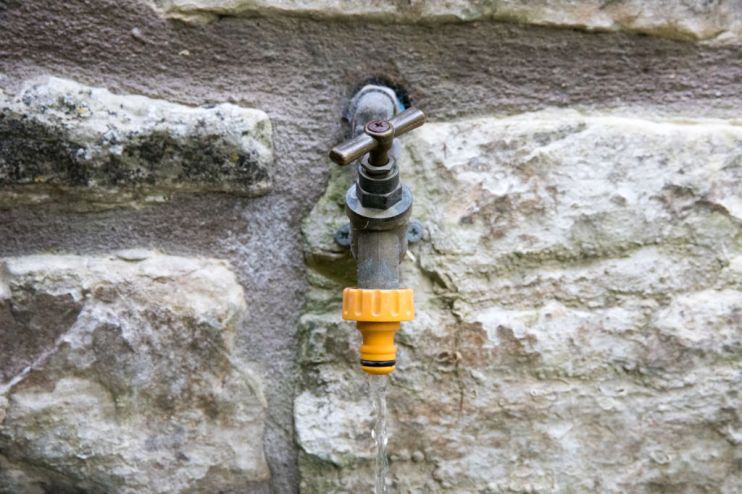Severn Trent raises dividend despite fall in profits

Severn Trent raised its dividend this morning despite a fall in profits due to its deferral of customer incentives and increased investment in infrastructure renewals.
Read more: Severn Trent announces new chair
Shares in the utility slipped over 1.5 per cent in the morning’s trading.
The figures
Severn Trent announced revenue of £910m for the half year period, up from £881.5m in 2018, a 3.2 per cent increase.
Profit for the group was £286.3m, slightly down on last year’s £299.1m.
Earnings per share also fell nearly 10 per cent to 68.8p, which the utility blamed on losses from its Water Plus joint venture with United Utilities.
The group raised its interim dividend to 40p, up from 37.4p in 2018.
Why it’s interesting
The company hailed the results as strong but said that profits had fallen due to Severn Trent’s deferral of customer incentives and increased investment in infrastructure renewals.
However, the FTSE 100, which recently appointed Capgemini’s Christine Hodgson as its new chairman, said that it had earned £190m in waste incentives over the last four years as it continued to lead the way on environmental approval.
On Tuesday it was announced that the water company could face a substantial fine over claims that it allowed sewage to be discharged into a brook near Shrewsbury.
Read more: Water giants on collision course with Ofwat
The blue chip also used the announcement to launch its sustainable finance framework to strengthen the ties between how Severn Trent finances its business and the delivery of environmental and social programmes.
What Severn Trent said
Liv Garfield, chief executive of Severn Trent, said:
“This has been another six month period where we have delivered for all of our stakeholders through strong performance, continued investment and environmental improvement, helping us to fulfil our goal of being the most trusted water company in England.
“We have continued to offer the lowest bills in the country while also investing for the long term, including in our biggest ever capital project, the £300m Birmingham resilience programme.
“At the same time, we have worked hard to be in the best possible shape for the next five years. Our job is to deliver for all of our stakeholders as we build a sustainable business that positively contributes to the society and environment.”
Main image credit: Getty